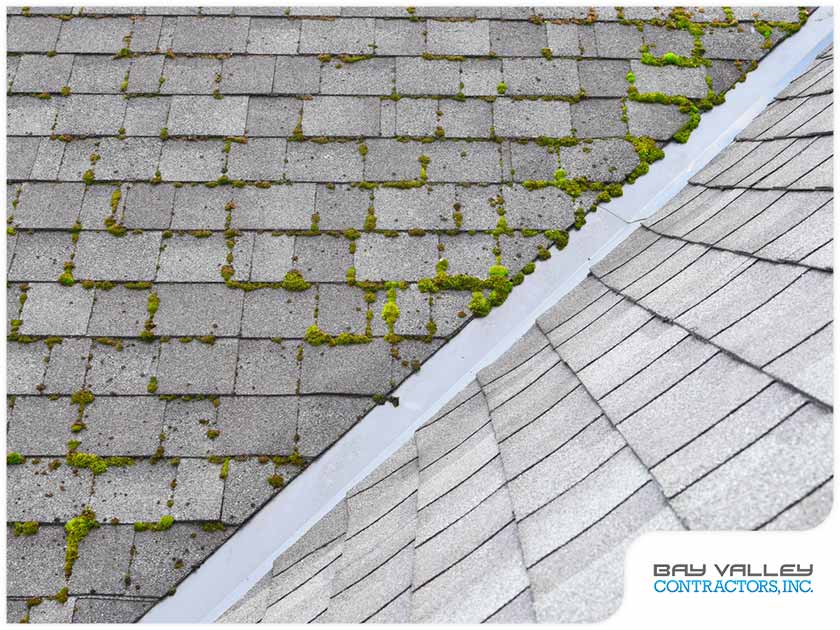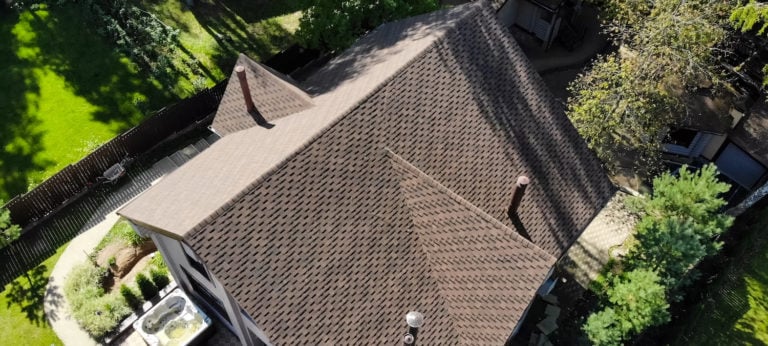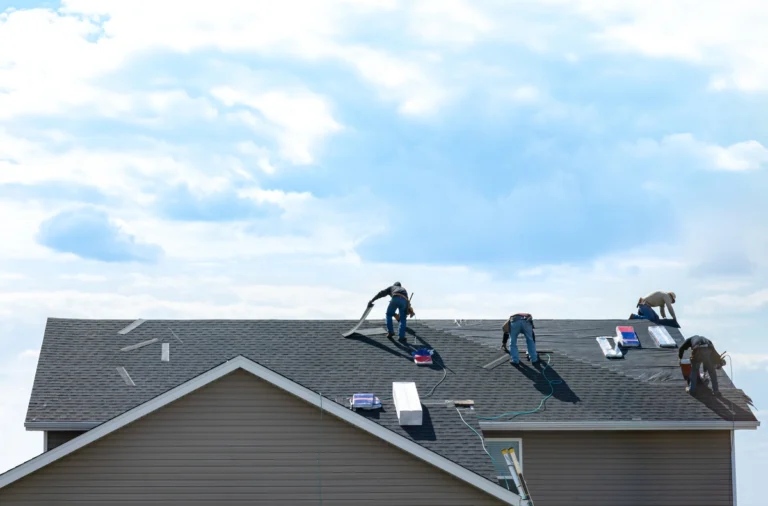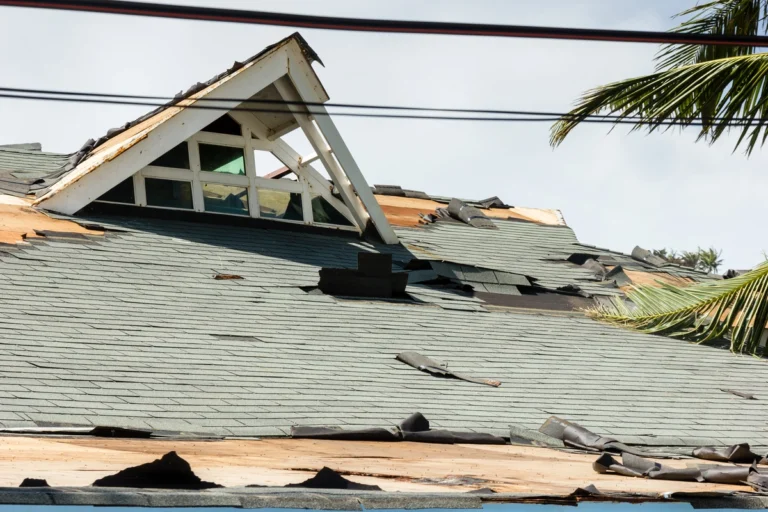Planning a roofing project includes determining how much you’re going to spend – and planning for the costs. Some repairs would only need a quick fix, but if the repairs are frequent, the costs will keep piling up. Eventually, you’ll have to decide whether you can still afford to pay for repairs or consider a full replacement.
However, if you’re already noticing that you’re frequently paying for repairs, then your roof may already be at the end of its lifespan. It could also be due to having sustained more serious damage, such as a fallen tree branch or water leaks, but either way, a full roof replacement makes more sense.
Of course, not all homeowners have the budget for a full replacement as it can cost thousands of dollars depending on the material, size, and labor needed for your roof. It’s fine to make the necessary repairs for now, but whether you’re planning to reside in your current home for a long time or sell it in a few years, getting a full replacement is one big load off your shoulders.
What are the common factors that affect the cost of your roofing project?
Type of Material Used
The material you choose can be a big factor in how much you’ll spend on your roofing project. The price of the roofing product being used will also impact the aesthetic design, weight, durability and longevity of your new roof. There are many types of roofing materials that offer different benefits, which is why some are more expensive than others.
If you’re looking for materials that are designed for a sloped roof, asphalt composition shingles are usually the most popular products to consider. These materials have lifetime options that are available at a premium. You can also consider clay and concrete tiles as they’re more of a mid-range option with better durability and reliability. Metal roofing, traditional slate and synthetic roofing materials are usually the most expensive ones in the market, but that’s typically because they outlast most of the other materials available and keep your home safe and secure.
Flat roofs are more commonly used in commercial establishments, but some homes have this type of system installed over their home as well. The pricing options will vary depending on the type of product; you can choose between single-ply polyvinyl chloride (PVC) systems and thermoplastic polyolefin (TPO) roofing products. Talk to your trusted roof replacement contractor to know which materials are most ideal for your home!
Type of Roofing Installation
Sometimes, it makes sense to fully replace your roof instead of paying for extensive repairs. However, the cost of tearing off an old roof depends on the labor needed and the amount of time it takes to remove it. The dump charges to dispose of your old roofing material should also be considered as it’s usually determined by the weight. That means the more or heavier the material that needs to be removed and disposed of, the higher it costs for your overall roofing budget.
Ease of Access and Fire Rating
How easy it is for your roofing contractor to access your roof can also factor in the cost of your roofing project. For instance, if the slope of your roof has a 6:12 pitch or higher, it’s considered not walkable and requires greater staging, safety and labor to complete the roof properly. The required fire rating is also a factor since roof slope determines which type of roof underlayment system should be installed. Knowing which type of roof rating is needed for your roof installation is crucial in determining how much your project will cost you.
Roof Warranty
Depending on the type of roofing installation, you’ll choose between a standard roofing warranty and an extended warranty. A standard warranty is backed by the roofing contractor while an extended or no-dollar-limit (NDL) warranty is backed by the manufacturer. A standard roofing warranty usually doesn’t require extra steps, but you pay for what you get.
On the other hand, a manufacturer’s warranty will require additional steps, materials and inspections. A fee is also charged by the manufacturer to back and support the roofing contractor’s labor and workmanship. Manufacturer-warranted roof replacements would often feature higher quality workmanship since they bring another experienced set of eyes to the inspection. This means more security and better peace of mind for you, so keep this in mind when checking out estimates for your roofing project!
Other Roofing Components to Be Installed
A roof repair or replacement project is more than just choosing a new shingle or tile to be installed. A typical roofing system has different layers that play a role in keeping your home safe and dry against the natural elements. For instance, insulation is a layer in your roofing system that helps retain indoor temperatures and reduce the load on your HVAC to keep your home cool and comfortable. Adequate ventilation is also important to prevent heat from accumulating in the attic and affect your roof’s lifespan.
Preexisting Damage
Whether you’re repairing or replacing your current roof, you need to consider the amount of damage it sustained up to this point. Before installing your new roof, your hired roofing and remodeling contractor will inspect your roof for any type of damage that needs to be addressed. Otherwise, the damage will affect other areas of the roof and will lead to more costly repairs.
While some types of roof damage aren’t difficult to fix, others may need more attention depending on the level of damage. For instance, your roof’s flashing is the material that protects the crease where two slopes of your roof meet. It’s also installed between fixtures like chimneys or skylights to prevent water from leaking through. It can be made of either sheet metal or plastic, and, if they’re cracked, loose or worn, the area around these fixtures will be vulnerable to rain and moisture.
If you’re considering a full replacement, then your old flashing will also be replaced. But if your contractor decides to reuse some of your old flashing materials to cut costs, your roof may experience leaks down the road. This can also void the warranty of your newly installed roof, so be sure to work with professional contractors who understand the value of a proper roof replacement.
Whether you need to install solar roofing or are considering a full roof replacement, our team of certified contractors can get the job done with speed and efficiency. Call Bay Valley Contractors today at (925) 705-7889, or you can conveniently reach us online!





